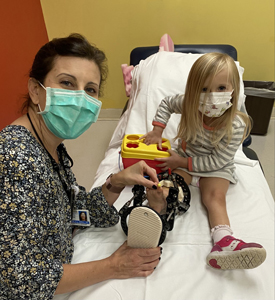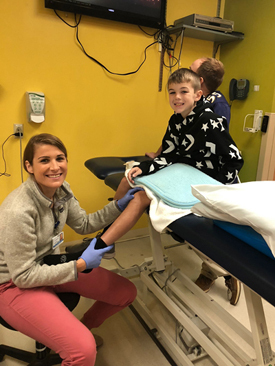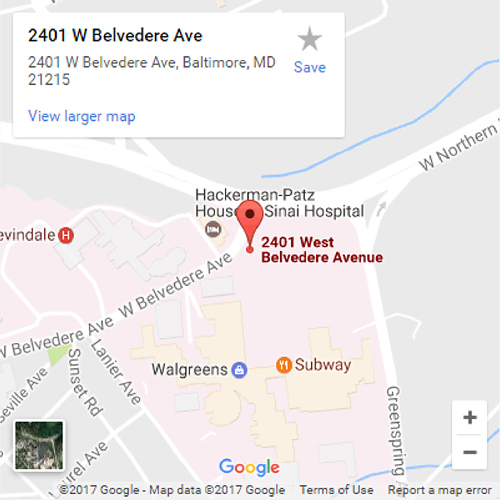Rehabilitation/Physical Therapy
Physical therapy is a critical part of our post-operative treatment for many patients, and is essential to those patients attaining their treatment goals. Aggressive and frequent physical therapy can help prevent muscle contractures, muscle weakness, joint stiffness, nerve injury, joint dislocation, and other complications.
 A physical therapy program will be custom-tailored to each patient, and can range from one to five times a week. You will probably be asked to do home exercises as well. Your therapy program is generally designed to help you keep your flexibility, range of motion, and strength. Your doctor may adjust the physical therapy goals and number of treatments depending on your progress throughout your rehabilitation.
A physical therapy program will be custom-tailored to each patient, and can range from one to five times a week. You will probably be asked to do home exercises as well. Your therapy program is generally designed to help you keep your flexibility, range of motion, and strength. Your doctor may adjust the physical therapy goals and number of treatments depending on your progress throughout your rehabilitation.
In most cases, physical therapy begins the day after surgery. The therapist will teach you the correct positioning of your arm or leg for sleeping, sitting, traveling in a car, and using the restroom. Your physical therapist will help determine if a wheelchair, walker, or crutches are necessary, and teach you how to use them. Case management will work with your insurance company to help acquire the necessary equipment.
On-site outpatient physical therapy is available through our International Center for Limb Lengthening (ICLL) physical therapy program. Ask your surgeon if you will need “PT”, when it should start, how many times per week you will need it and for how long. In some cases, the surgeon will want you to receive therapy at the ICLL. In other cases, the surgeon will allow you to receive therapy closer to your home. You need to know ahead of time what your surgeon recommends. If you will be working with a therapist near your home, many patients find it helpful to videotape their sessions with their ICLL physical therapists that specialize in the conditions the ICLL treats.
After surgery and discharge from the hospital, some patients still require full-time nursing and support in addition to aggressive physical therapy. In these situations, we refer patients to pediatric or adult inpatient rehabilitation programs.
Research Your Physical Therapy Benefits
No matter where you will be receiving physical therapy, it is imperative that you investigate ahead of time the physical therapy benefits your insurance coverage provides. Do not assume that you are automatically covered for the extensive therapy that may be required with this type of surgery, as that often is not the case. If you do not have adequate physical therapy benefits, it might be better to delay elective surgery until the matter can be resolved.


